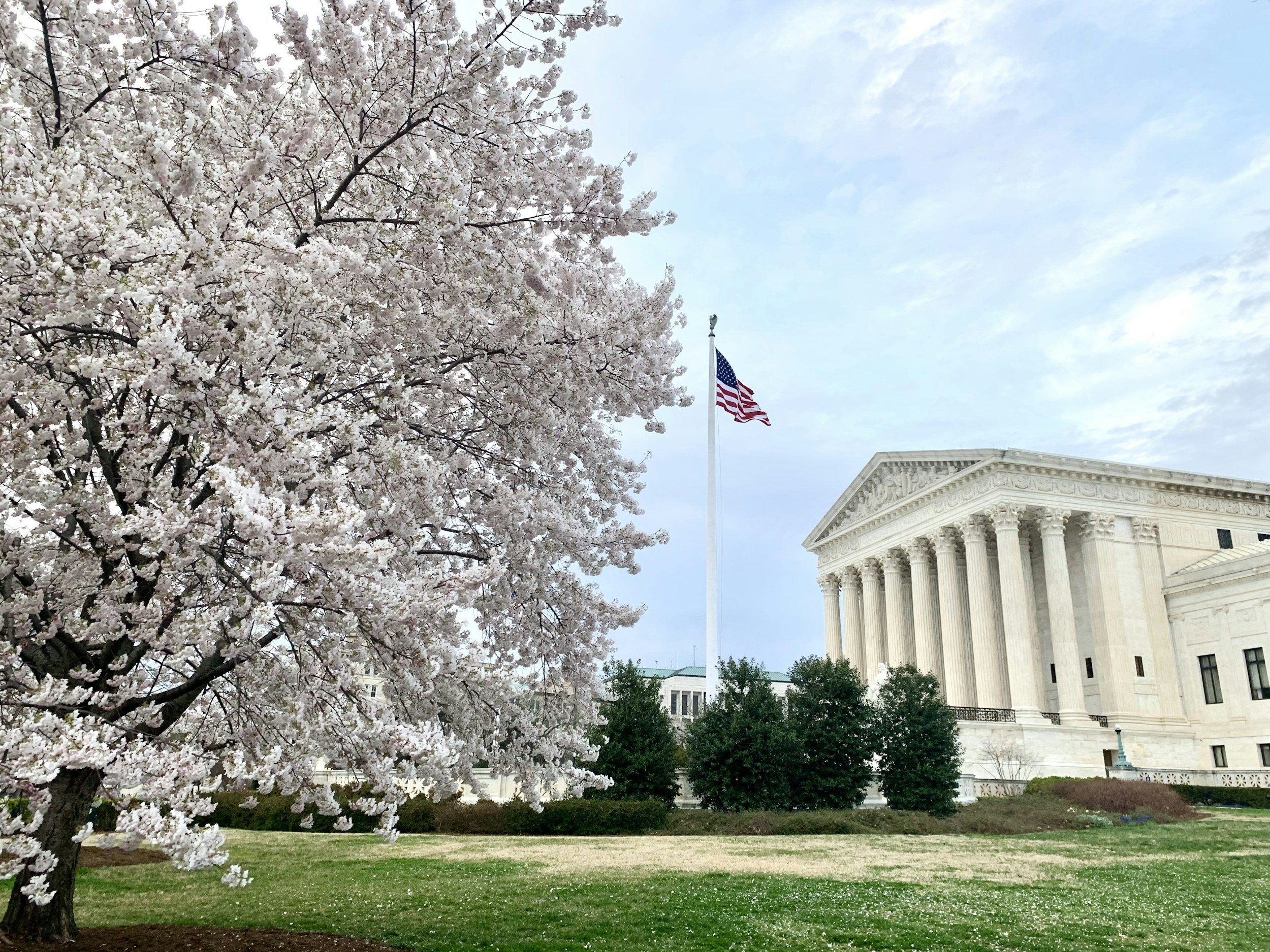
🏛 About
Lederberger Justice
Mission Statement
Lederberger Justice is a community-driven initiative dedicated to protecting the vulnerable, exposing verified misconduct, and restoring trust in legal, religious, and communal systems.
This campaign exists because silence has enabled harm for too long.
When private channels fail to prevent ongoing danger, both halacha and ethical responsibility demand action.
We stand for:
Truth over titles.
Protection over politics.
Torah values over personal agendas.

Halachic and Ethical Foundations
Lederberger Justice is firmly grounded in both Torah and professional ethics.
Halachic Sources:
Sefer Chofetz Chaim, Hilchos Rechilus 9:1–2
Vayikra 19:16 ("Do not stand idly by your brother’s blood")
Teshuvos HaRashba 1:1052
Rav Elyashiv on Mishlei 11:13
Ethical Principles:
Duty to protect vulnerable parties
Duty to report professional misconduct (general civil standards)
Prohibition against enabling further harm through silence
The Pattern We Could No Longer Ignore
Over time, a deeply troubling pattern emerged:
Abuse of trust
Fabricated legal claims
Manipulation of religious and secular systems
Retaliatory threats against victims
Exploitation of halachic language to cover unethical actions
When patterns like this become clear, silence is no longer an option.
Why This Campaign Exists
When serious misconduct is left unaddressed, the damage ripples beyond any one case.
Entire communities suffer the erosion of trust, and victims are left isolated and abandoned.
Rather than allow injustice to continue in darkness, Lederberger Justice took action:
Verified evidence was collected.
Formal ethical complaints were filed through appropriate channels.
Public warnings were issued according to halachic and civil mandates to prevent further harm.
This campaign is not about punishment — it is about protection.
What Makes This Different
This campaign operates with:
Strict adherence to halacha (Lo sa'amod al dam re'echa, Sefer Chofetz Chaim Hilchos Rechilus 9:1–2)
Commitment to verified evidence
Respect for victim confidentiality
Good faith pursuit of accountability
No anonymous rumors.
No emotional attacks.
Only documented misconduct, exposed for the sole purpose of preventing future damage.
What Makes This Different
This campaign operates with:
Strict adherence to halacha (Lo sa'amod al dam re'echa, Sefer Chofetz Chaim Hilchos Rechilus 9:1–2)
Commitment to verified evidence
Respect for victim confidentiality
Good faith pursuit of accountability
No anonymous rumors.
No emotional attacks.
Only documented misconduct, exposed for the sole purpose of preventing future damage.
Halachic and Ethical Foundations
Lederberger Justice is firmly grounded in both Torah and professional ethics.
Halachic Sources:
Sefer Chofetz Chaim, Hilchos Rechilus 9:1–2
Vayikra 19:16 ("Do not stand idly by your brother’s blood")
Teshuvos HaRashba 1:1052
Rav Elyashiv on Mishlei 11:13
Ethical Principles:
Duty to protect vulnerable parties
Duty to report professional misconduct (general civil standards)
Prohibition against enabling further harm through silence
The Pattern We Could No Longer Ignore
Over time, a deeply troubling pattern emerged:
Abuse of trust
Fabricated legal claims
Manipulation of religious and secular systems
Retaliatory threats against victims
Exploitation of halachic language to cover unethical actions
When patterns like this become clear, silence is no longer an option.
Our Promise to the Community
To protect dignity and confidentiality.
To expose verified misconduct, never rumor.
To act with integrity under halacha and civil law.
To continue documenting, reporting, and safeguarding victims until full
accountability is achieved.
Final Note
Lederberger Justice is not about revenge.
It is about responsibility.
It is about truth.
It is about ensuring that no one else has to suffer in silence again.
How You Can Help
Support victims who come forward with dignity and belief.
Educate others about the halachic and ethical duty to act.
Refuse to enable misconduct through silence or minimization.
Report any concerns you witness through appropriate, secure channels.

Frequently Asked Questions":
-
To expose verified misconduct, protect potential victims, uphold halachic obligations, and rebuild trust where systems failed.
-
Yes.
Protecting others from harm through truthful public disclosure is a mitzvah, not loshon hara, when private channels have failed. -
It all begins with an idea. Maybe you want to launch a business. Maybe you want to turn a hobby into something more. Or maybe you have a creative project to share with the world.
-
Investigations can take months or longer.
Timelines depend on case complexity, evidence volume, witness cooperation, and jurisdictional workload. -
Torah does not tolerate silence in the face of known harm.
Lo sa'amod al dam re'echa obligates action to prevent further danger, even without leadership support. -
Item description
-
Victims have rights to confidentiality, dignity, and respect throughout ethics proceedings.
Civil laws and Torah both protect against retaliation and shaming. -
Sefer Chofetz Chaim, Hilchos Rechilus 9:1–2
Vayikra 19:16 ("Do not stand idly by your brother’s blood")
Teshuvos HaRashba 1:1052
-
In many jurisdictions, initial concerns can be submitted anonymously, but formal processes may eventually require identifiable testimony for enforcement.
-
Halacha and ethics evaluate evidence, not emotional denials.
Public protection obligations do not disappear because someone refuses to admit wrongdoing.




